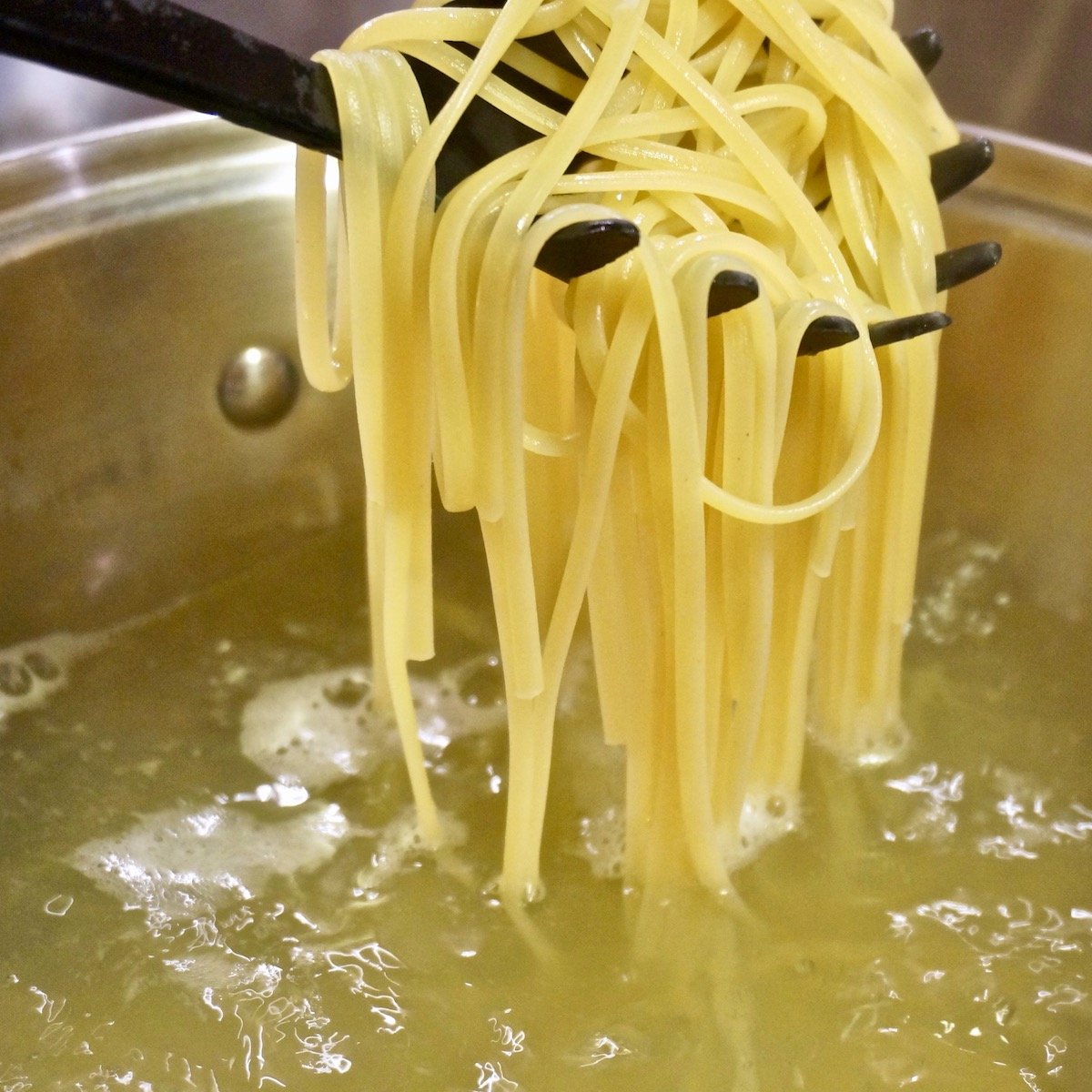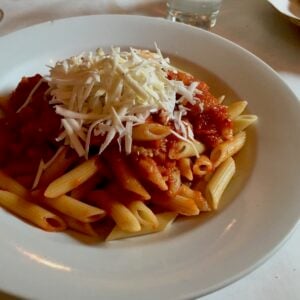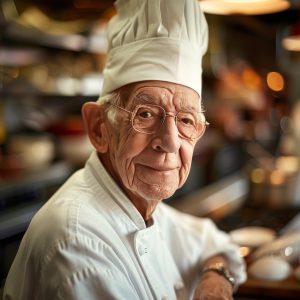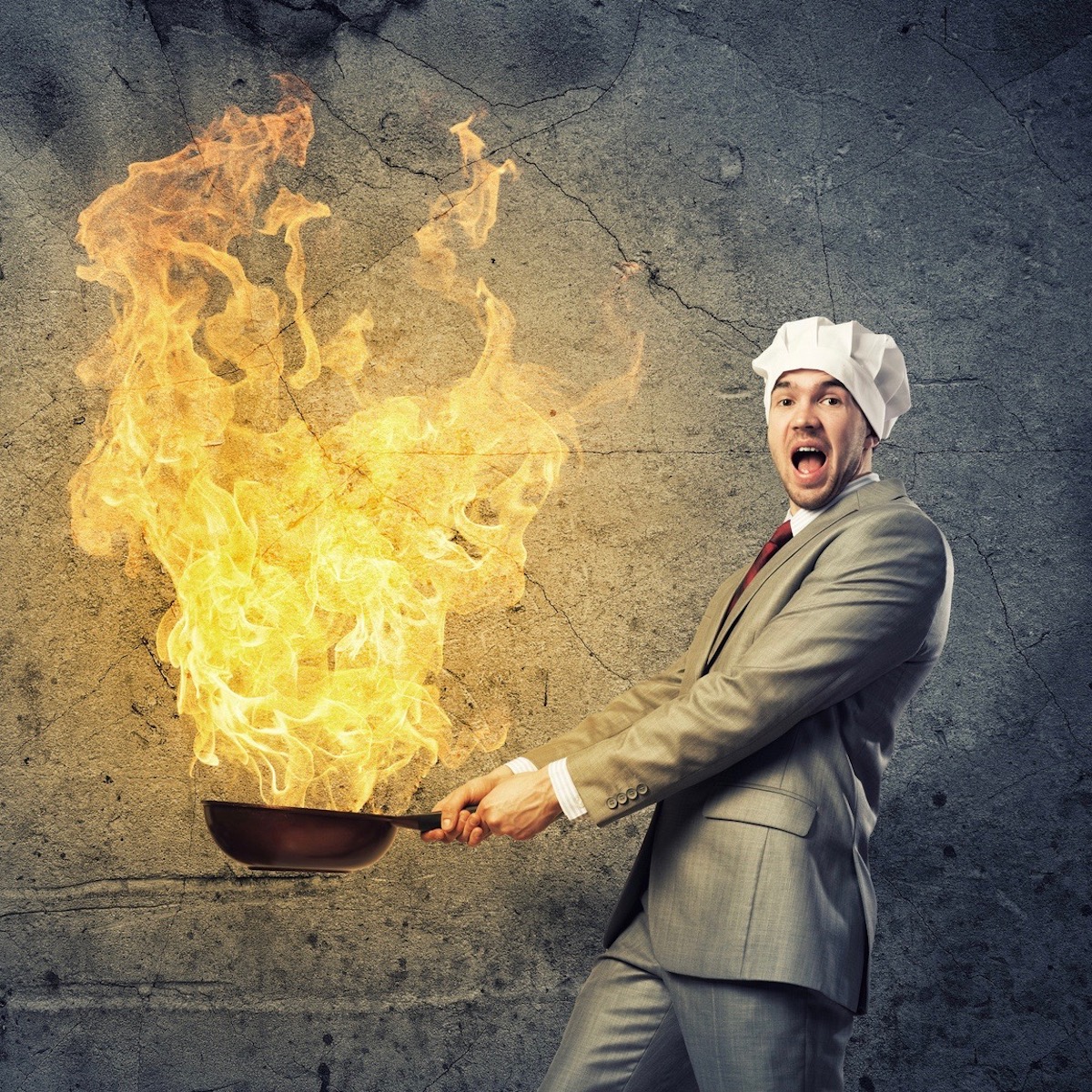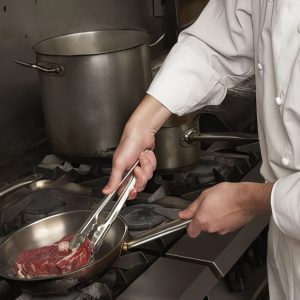What Questions Can You Expect When Interviewing For An Executive Chef Job?
Preparing for an interview as an Executive Chef requires careful planning. You’ll need to show both your culinary expertise and leadership skills.
Start by researching the restaurant. Understand its style, menu, and overall vibe. This will help you tailor your responses and show you fit well.
Next, focus on your experience. Be ready to discuss your career journey. Highlight your leadership roles, the kitchens you’ve managed, and how you’ve handled challenges. Use specific examples to show your problem-solving abilities.
Remember your culinary knowledge. Be prepared to discuss current food trends, menu creation, and how you ensure quality and consistency in a fast-paced kitchen. You may even be asked to create a dish or discuss your approach to menu planning.
In addition to technical skills, you’ll need to showcase your ability to lead a team. Talk about how you motivate your staff, manage conflicts, and foster a positive work environment.
Finally, I would like you to dress appropriately. As an Executive Chef, you are both a leader and a restaurant representative. A professional appearance will help leave a positive impression.
By being prepared, you’ll show your potential employer that you have the skills and experience to lead their kitchen.
Do Your Homework
Before your interview as an Executive Chef, it’s essential to do the following homework to ensure you’re fully prepared:
- Research the Restaurant
Learn about the restaurant’s cuisine, style, and reputation. Understand its target audience, location, and competitors. Familiarize yourself with the restaurant’s menu, concept, and recent news or changes. This will help you tailor your answers and demonstrate genuine interest. - Review the Job Description
Understand the specific responsibilities and expectations of the Executive Chef role. Compare them with your skills and experience to identify areas you want to emphasize during the interview. - Prepare Your Portfolio
If you have one, ensure your portfolio is up to date. Include details of your experience, menu designs, food photos, and any awards or recognitions. Be ready to discuss your achievements and how they align with the restaurant’s goals. - Know Your Strengths and Weaknesses
Reflect on your leadership style, strengths in kitchen management, and areas where you can improve. Prepare examples that show how you’ve successfully managed a team, handled high-pressure situations, or solved kitchen challenges. - Practice Interview Questions
Prepare for common questions like, “How do you handle kitchen stress?” or “What is your approach to menu creation?” Have clear, concise answers ready, supported by examples from your experience. - Plan Your Questions
Think of questions to ask the interviewer. Inquire about the restaurant’s goals, the kitchen team’s dynamic, or any challenges they’re currently facing. This shows your interest and initiative.
By doing this homework, you’ll be ready to present yourself as a knowledgeable, confident, and well-prepared candidate for the Executive Chef position.
Assumptions
You have to assume either through your resume, a headhunting firm, social media, reputation or all of the above, the people hiring you know a lot about you already; if and where you went to culinary school, where you have been working, and what chefs you’ve been working under, how long you have been working as a cook and the different hats you’ve worn over those years.
At this level, you should expect questions that will show more of your management style, creativity, and business sense acumen.
List of Questions
Here’s a list of questions you may want to prepare for. While it’s quite comprehensive, it doesn’t cover every possible question you could be asked. However, I doubt anyone would ask all of these in one interview—it would take too long. The goal is to anticipate the types of questions so you can be fully prepared.
- Why do you want to be an executive chef?
- What qualifications make you suitable for this position?
- Describe your management style. Give examples.
- Describe your leadership style. Give examples.
- How did you choose the culinary school you attended?
- What skills or characteristics set you apart from other executive chef applicants?
- Where do you like to eat when not working?
- What do you cook for yourself or your family at home?
- What is your favorite cuisine to eat?
- What is your favorite cuisine to cook?
- What ingredients do you enjoy working with?
- How often do you change your lunch and dinner menus?
- How do you hire your staff? What do you look for?
- Do you only hire culinary school graduates? Why or why not?
- Are you planning to bring in your own team or work with the current one?
- How do you earn the trust of your staff? Give examples of how you’ve done this in the past.
- How involved are you in teaching your staff new ideas and cooking methods?
- What software do you use to manage staff and control budgeting systems?
- What accomplishments from previous jobs will help you succeed here?
- With food trends changing quickly, how do you keep up with the latest in the food world?
- Some owners may ask for your recipe for specific dishes to gauge your knowledge. How do you handle that?
- What food vendors do you work with, and how do you evaluate your vendor relationships?
- How do you develop a menu? What factors do you consider?
- How different does your winter menu look from your fall menu?
- How do you handle substitution requests?
- How do you address lactose or gluten-free menu requests?
- If your labor costs are high, how do you manage them?
- How do you manage food costs?
- Are you a hands-on chef who works the line or a more managerial executive chef?
- Describe a difficult situation with a cook and how you handled it.
- What do you consider your top three strengths as an executive chef?
- Where do you think you can improve?
- How much do you get involved with the front of the house?
- What’s your knowledge of wine? Do you pair meals with wines on the list?
- Based on your knowledge of this establishment, what changes would you suggest?
- How do you handle customer criticism? Give specific examples.
End of Interview
They will always finish the interview with one of the following questions, so be prepared:
- What questions do you have for us?
- Is there anything else you think we should know about you that we haven’t covered yet?
- What question haven’t we asked that you wish we had? And what’s your answer?
Also, be ready with a couple of thoughtful questions for them. This shows you have done your homework and prepared for the interview.


